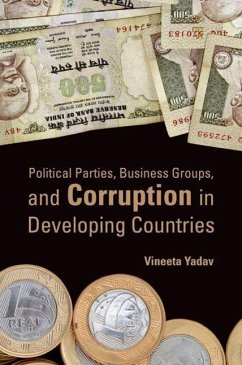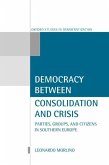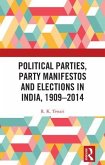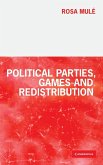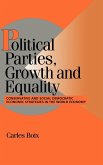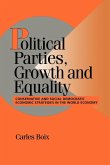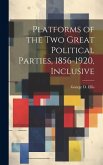Political corruption is one of the globe's most pressing yet seemingly permanent problems. It is a root cause of low growth and inequality, and plagues numerous nations throughout the world in varying degrees. In the past, it proved difficult to measure, and the political science literature on it was thin. In recent years, political scientists have greatly improved their analytical tools for analyzing and contextualizing corruption, and it is now a hot topic in the discipline. In Political Parties, Business Groups, and Corruption in Developing Countries, Vineeta Yadav examines corruption levels in sixty-four developing democracies over a twenty-year period. Her comparative focus is on Brazil and India, two of the most important developing nations. Drawing from a 2005-06 survey of Brazilian and Indian businesses that she conducted, Yadav finds that legislative institutions are central in determining the degree and type of corruption. Most importantly, in legislatures where the party holds sway (as opposed to individual legislators), the level of corruption is higher. Party costs are higher than that of any one legislator, which explains part of the difference. More fundamentally, the fact that different systems offer different incentives to business groups and legislatures explains why some systems are less corrupt than others. Given structural variation across democratic political systems, her book allows to predict which states are most susceptible to political corruption, and which reforms might best alleviate the problem.
Bitte wählen Sie Ihr Anliegen aus.
Rechnungen
Retourenschein anfordern
Bestellstatus
Storno

